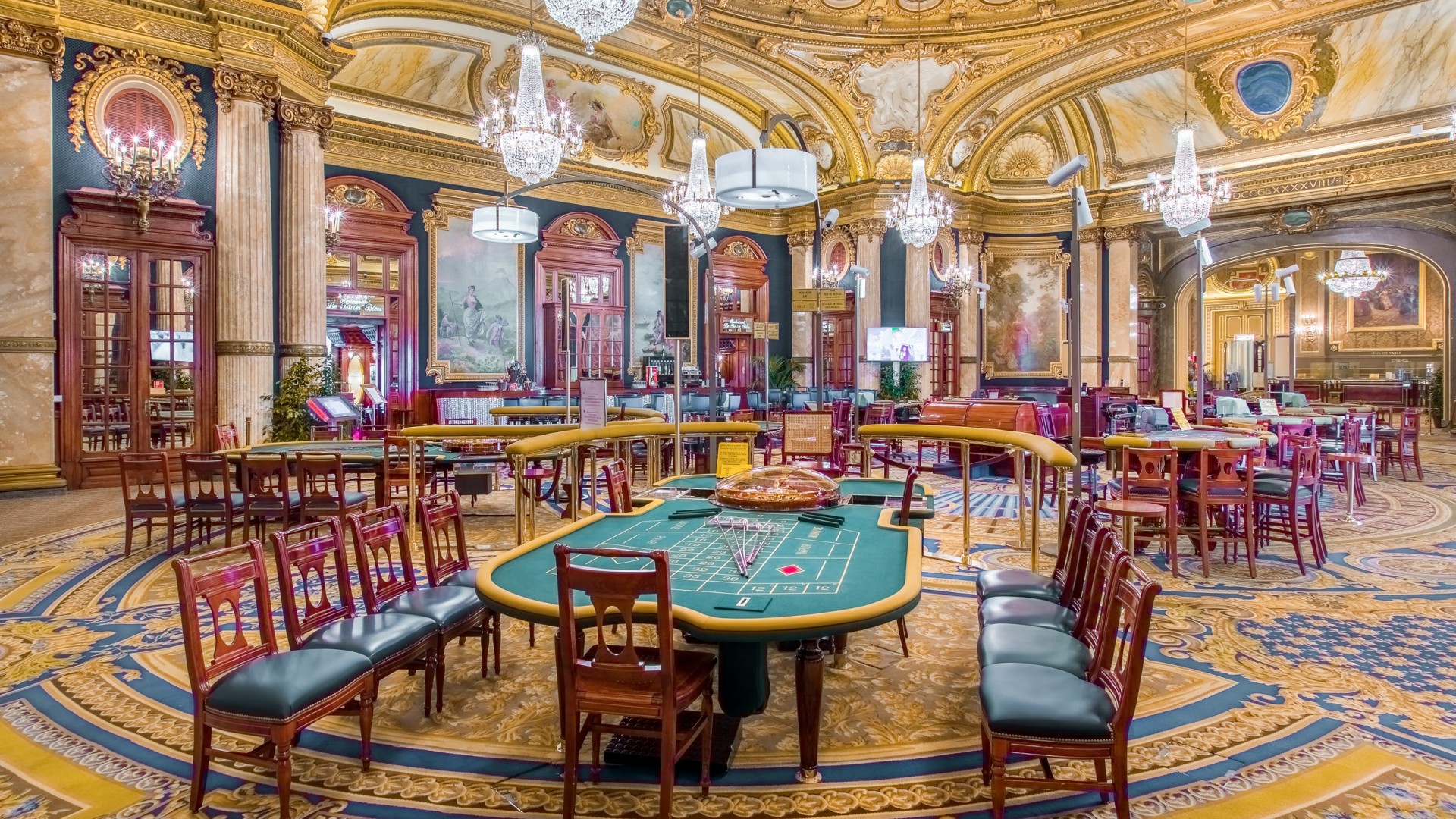
Casino experiences have enthralled players throughout history, evolving from basic recreational activities to complex experiences that blend chance, tactics, and fun. From the historical origins of gambling in societies including the ancient societies of Mesopotamia and Rome to the glitzy corridors of modern casinos, the history of these games reveals much about the human experience and our relationship with risk. As cultures blended and innovation has progressed, casino games have changed, reflecting societal changes and innovations in gameplay.
The earliest forms of gambling likely involved simple dice games and placing bets on the outcomes of sports competitions. As time passed, these primitive activities grew into more structured games like table games, roulette, and the multitude one-armed bandits that line casino floors today. Each period brought its distinct regulations, visual styles, and social relevance. At present, casino games persist in evolving with the rise of internet-based platforms, enabling players from everywhere to join in a shared experience, further merging the traditional with the modern era.
Ancient Beginnings of Casino Games
Casino activities have origins that stretch back to historical societies, where betting was deeply embedded in cultural practices and cultural customs. The first known forms of betting emerged in ancient Mesopotamia around 3000 BC, including primitive dice activities made from bone material. These primitive activities laid the foundation for more complex gambling games, showing humans’ innate urge to find fortune and entertainment through luck.
As civilizations progressed, so did their gambling pursuits. In early China, around two thousand three hundred BC, objects were found that looked like primitive rudimentary forms of a lottery activity. More structured instances of gambling developed in the Roman Empire, where games of luck were a frequent recreation, often taking place in social gatherings. The Romans developed multiple betting games, which entailed die and table games, illustrating the pervasive nature of gambling across different social strata.
With the passage of years, these primitive activities contributed to the development of contemporary casino games. In the medieval period, playing card activities became prevalent in European culture, paving the way for the professional gaming venues we know today. The change from informal gambling to formal gambling in pubs and private houses marked a major shift in how people interacted with activities of chance, leading to the eventual creation of casinos as specialized places for betting.
The Emergence of Contemporary Gambling Industry
The late 1960s and 1970s marked a significant shift in the realm of casino games, propelled by technological progress and changes in societal views towards wagering. The introduction of computers and the internet revolutionized the way gamblers interacted with their favorite gaming experiences. Virtual casinos emerged, allowing enthusiasts to enjoy classic table games like poker and 21 from the convenience of their own homes. This new online environment not only expanded access to casino games but also drew in a fresh audience who found the comfort and diversity tempting.
As online gaming gained popularity, so did developments in gaming technology. The creation of advanced programs and graphics transformed conventional casino games into captivating adventures. Players could now interact with realistic live dealers through live streaming, bringing the atmosphere of brick-and-mortar casinos directly into their living rooms. This fusion of live gaming with digital interfaces created a unique hybrid experience that enhanced the social aspect of playing, allowing it possible for individuals to connect and challenge with fellow gamers around the planet.
Additionally, the rise of mobile gaming dramatically changed the gambling environment. With the ubiquitous use of mobile phones and tablets, gamblers can access their preferred casino games anywhere, anytime. Mobile apps offer a wide selection of options customized for mobile screens, catering to the fast-paced lifestyle of modern users. 33win com This accessibility has produced increased engagement in gambling, contributing to the exponential growth of the gambling sector. As a result, the future of the gaming industry continues to progress, adjusting to technological advancements and shifting consumer preferences.
The Impact of Technology on Casino Games
The evolution of technology has greatly changed casino games, improving the overall experience for players for players around the world. As the internet emerged, online casinos were created, allowing players to enjoy their favorite games from the comfort of their homes. This change not only made casino games more available but also expanded the variety of games available, as online platforms could offer many different versions of traditional games without the limitations of brick-and-mortar establishments.
The rise of mobile technology further transformed the casino gaming landscape. With the proliferation, players can to play casino games whenever and wherever they want. This mobility has resulted in the creation of dedicated mobile applications and optimized websites that provide seamless gaming experiences. Additionally, innovations such as live dealer games have delivered the authentic atmosphere of a casino into players’ homes, bridging the gap between physical and online gaming.
Moreover, advancements in artificial intelligence and VR are leading to the next generation of casino games. AI enhances game design and player interaction, creating tailored experiences based on user behavior and preferences. Meanwhile, virtual reality offers immersive environments where players can interact in a virtual casino environment, making the gaming experience more exciting and realistic. As technology continues to evolve, the future of casino games seems bright, filled with limitless opportunities for advancements and entertainment.
